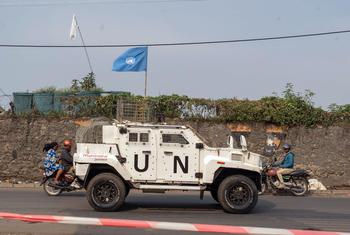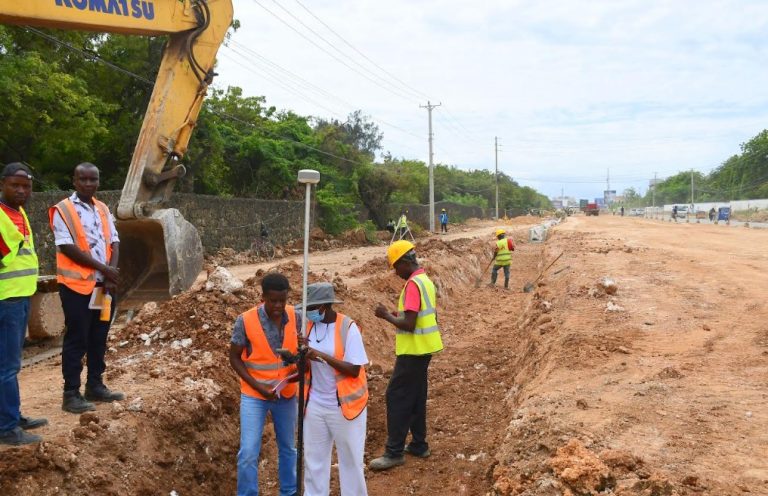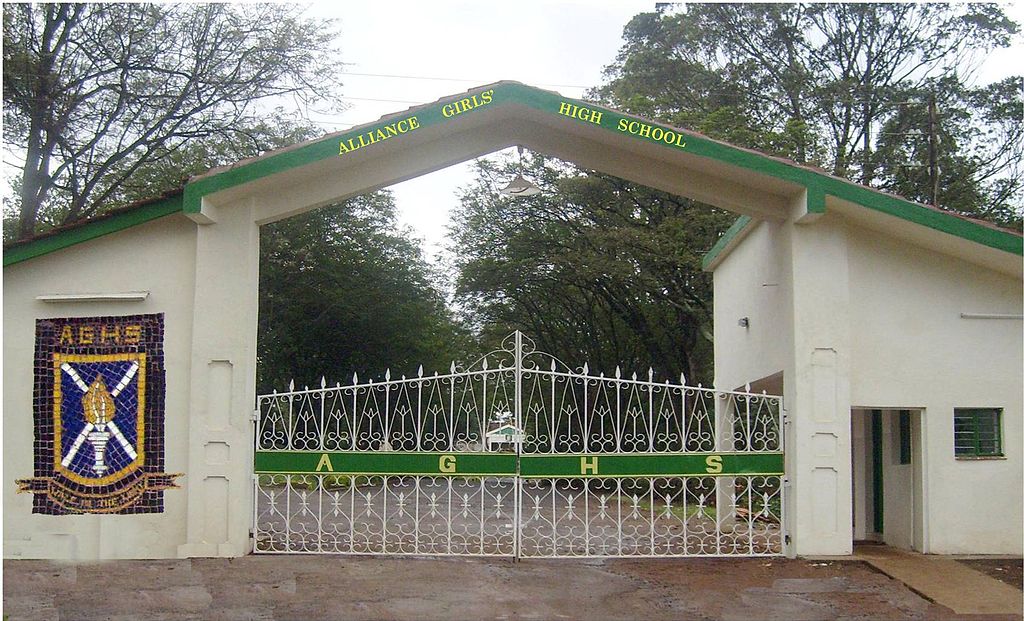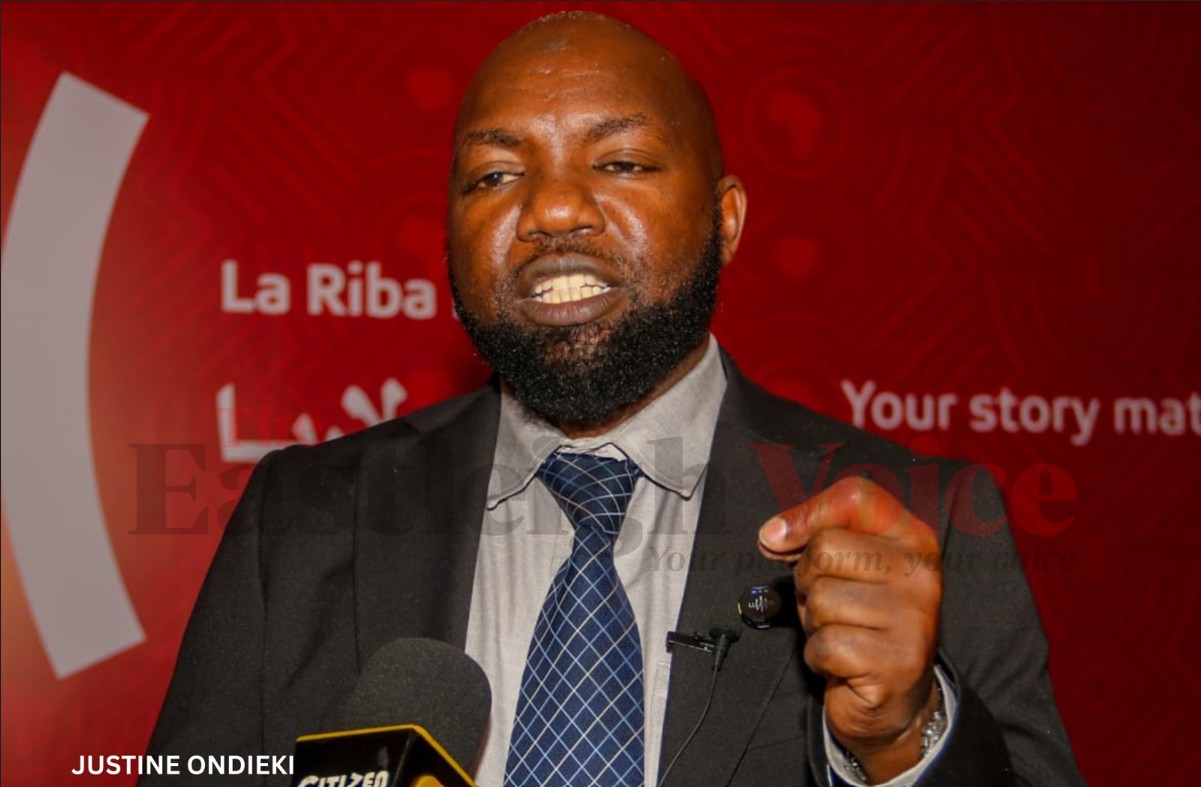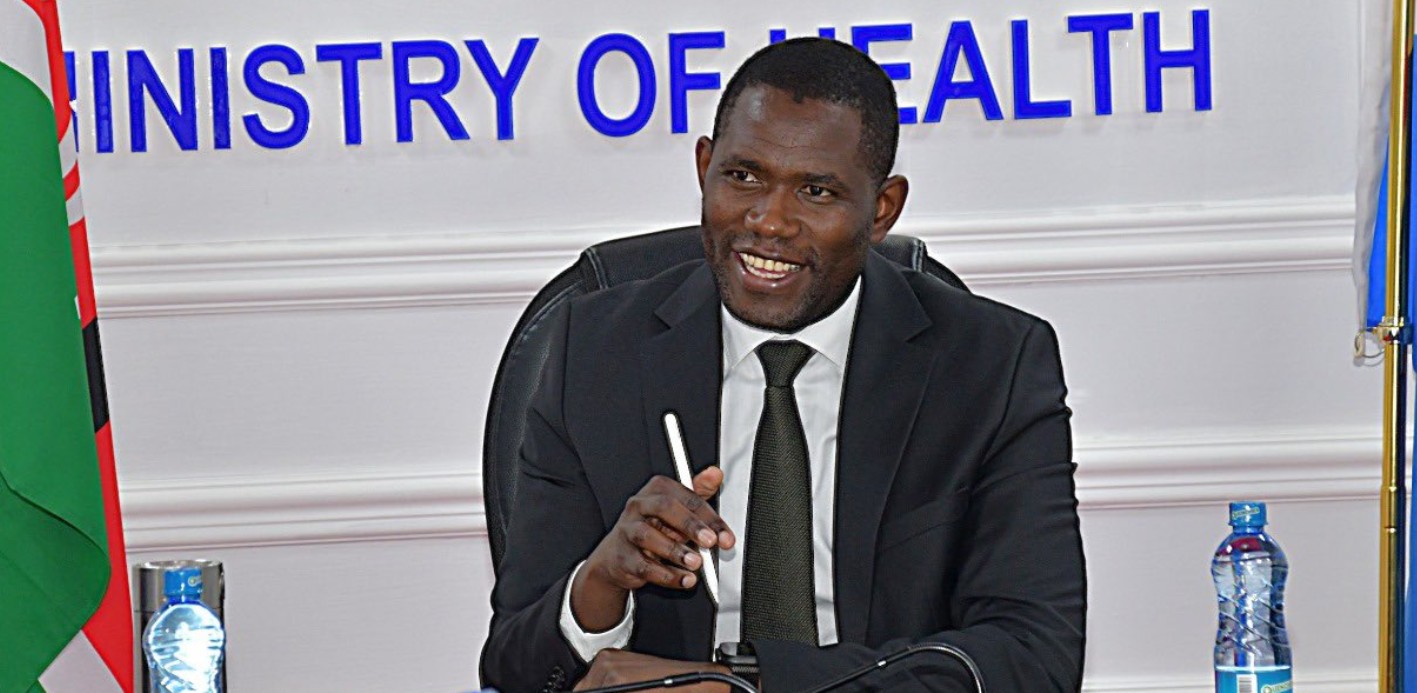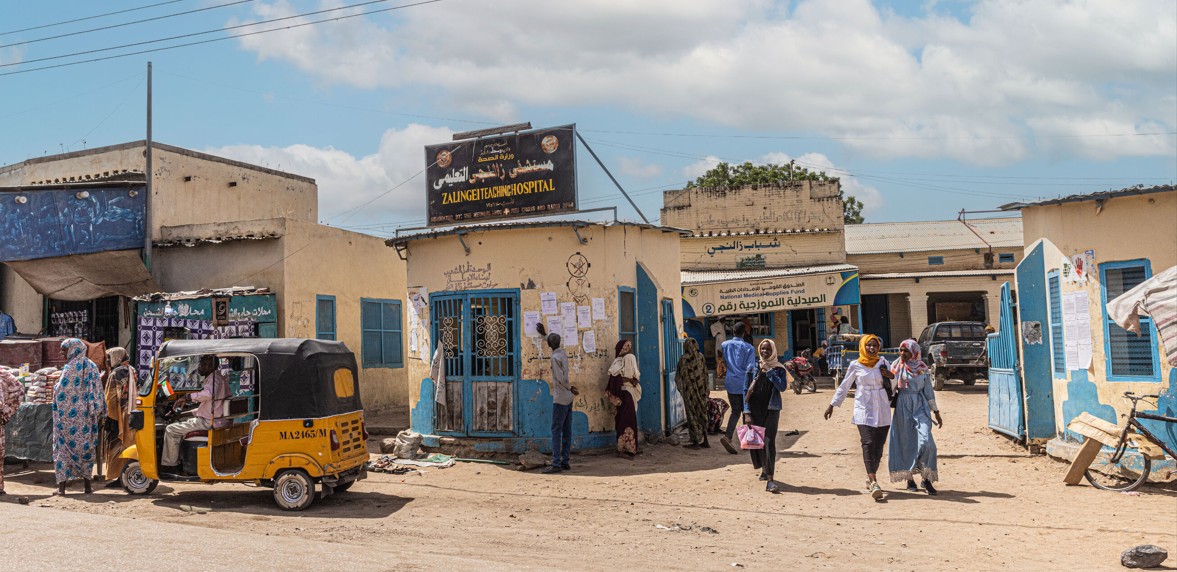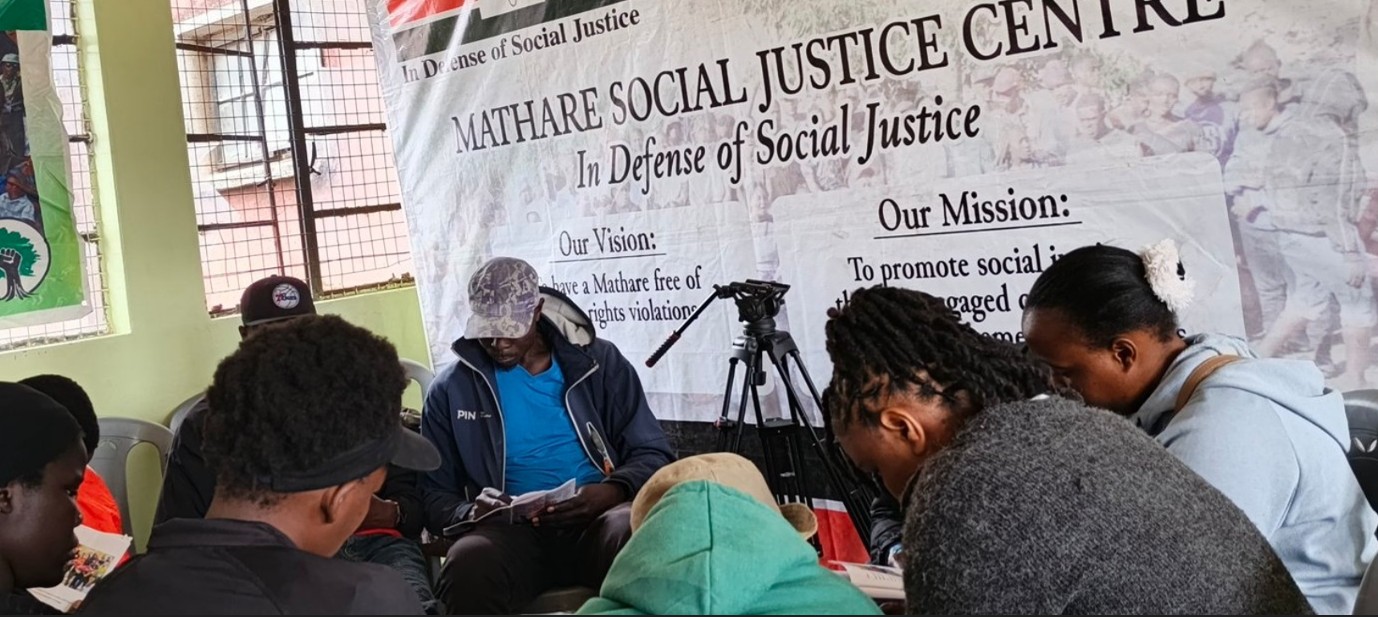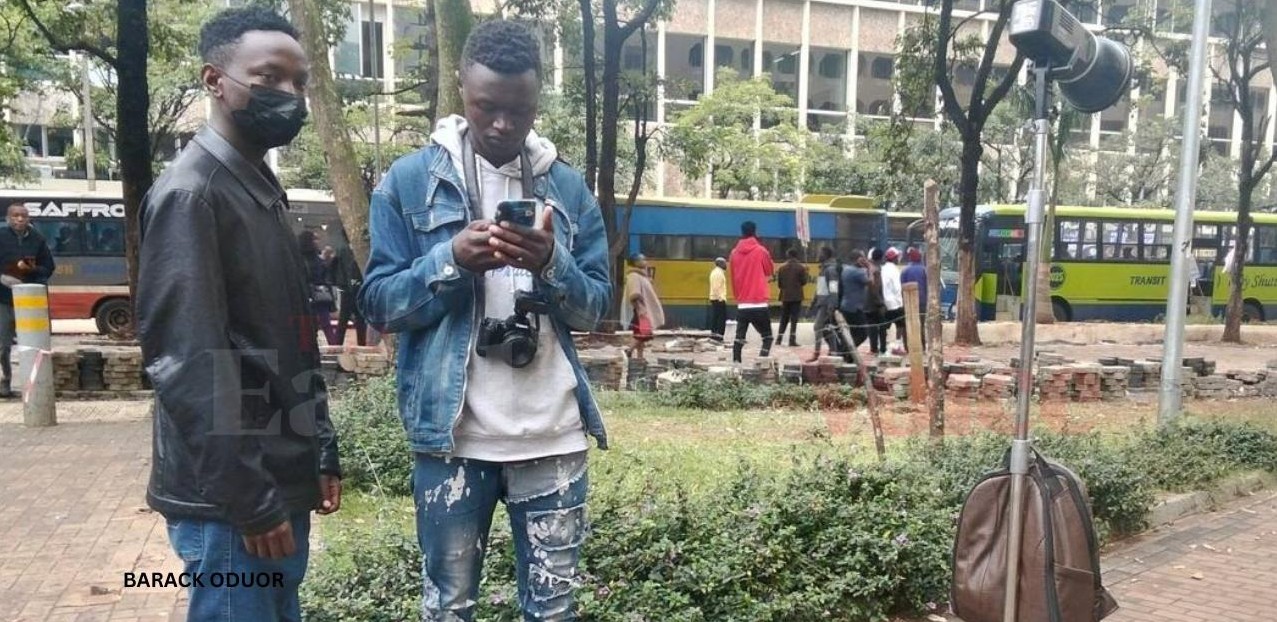Shocking audit reveals weak oversight in Kenya’s Sh2.5 billion donor-funded projects

Key initiatives in energy, transport, and health were among those flagged for weak documentation, raising concerns about potential mismanagement and exposing projects to financial risks.
A total of Sh2.5 billion allocated to donor-supported projects in the 2023/24 financial year is under scrutiny after Auditor-General Nancy Gathungu reported that multiple payments lacked supporting contracts, invoices, or delivery confirmations.
Key initiatives in energy, transport, and health were among those flagged for weak documentation, raising concerns about potential mismanagement and exposing projects to financial risks.
More To Read
- Audit exposes confusion over control of Sh5 billion Lamu Port
- KNH, Moi Teaching and Referral Hospital among 223 hospitals with Sh11.4 billion uncollected revenue
- 21 public universities at risk of collapse due to Sh42.5 billion debt, Auditor General warns
- 12 public universities cannot account for land, assets worth Sh19.6 billion, audit reveals
- Audit report reveals taxpayers paid Sh3 million rent for former Prisons boss
- Audit reveals Sh955 million collected by hospitals not deposited in county accounts
In her latest audit report on donor-funded projects, Gathungu noted that several payments were made without adequate work plans, contracts, invoices, or delivery confirmations, contravening regulation 104 (1) of the Public Finance Management (National Government) Regulations, 2015.
“Such expenditure not only compromises the reliability of financial statements but also exposes the donor-funded projects to the risks of misappropriation of funds,” reads the report.
The Auditor-General cited the Bolgoria Silali geothermal project, revealing that records of fuel delivery and consumption amounting to Sh981 million were unavailable for audit.
Similarly, the Kenya Electricity Expansion Project, managed by the Rural Electrification and Renewable Energy Corporation, had works valued at over Sh75 million that lacked supporting documentation.
Receipt vouchers missing
For major infrastructure projects, including the Mombasa-Mariakani highway funded by the African Development Fund, Gathungu reported missing exchequer and receipt vouchers worth Sh127,483,464.
Payments of Sh31.3 million toward fuel and consultancy under the Horn of Africa Groundwater for Resilience Project also lacked supporting records.
Transfers of Sh228.4 million for locally-led climate action initiatives to counties were criticised for missing itemised financial breakdowns.
Other areas of concern included the Affordable Housing Finance project, where travel expenses of Sh1.6 million could not be corroborated with attendance records. The Eastern Electricity Highway Project showed partial disclosure of Sh324.6 million as contractor compensation, raising accountability questions.
Environmental projects were similarly affected. Sh18.4 million intended for the Lake Nakuru Biodiversity Conservation Project was used for unrelated purposes, while a contractor on the Lake Victoria sanitation project was overpaid Sh17,849,476 without evidence of recovery.
The audit also reviewed development partnerships, including the USAID Boresha Jamii project at Jaramogi Oginga Odinga University of Science and Technology, where Sh23.6 million in house and other allowances were disbursed without audit justification.
“The project paid house and other allowances to staff amounting to Sh23.6 million. However, the basis of the rates used to pay the allowances was not provided for audit,” the report states.
Public health initiatives were not spared. The State Department for Medical Services failed to submit expenditure returns worth Sh26.6 million for the Covid-19 Health Emergency Response Project. Compensation claims totalling Sh176,280 under the Global Fund to reduce malaria were also unsupported.
Travel reimbursements amounting to Sh35,005,463 for rural roads and market infrastructure projects lacked proper documentation.
Additionally, Sh575,842,147 from the Global Fund, meant for HIV prevention, treatment, and care programmes, was withdrawn without supporting returns.
Funds allocated for the Sirari Corridor Accessibility and Road Safety Improvement Project were reportedly used to purchase land on road reserves instead of compensating project-affected persons, contrary to the law. Sh2.8 million for transport costs under the Global Fund tuberculosis grant also had no supporting documentation.
Gathungu observed that most donor-funded projects suffered from similar weaknesses, including gaps in financial reporting, stalled or delayed implementation, low fund absorption, procurement irregularities, and noncompliance with contractual conditions.
Governance and oversight deficiencies were also highlighted.
“The issues observed point to broader weaknesses in project management and oversight, which require immediate corrective actions,” the report stated.
While acknowledging that the majority of donor-funded projects’ financial statements were fairly represented, Gathungu warned that a significant number still displayed weaknesses in financial reporting.
The Auditor-General called for urgent interventions, including strengthening internal controls, enhancing project management capacity, standardising procedures, and reinforcing risk management processes to safeguard public resources and ensure proper use of donor funds.
Top Stories Today
